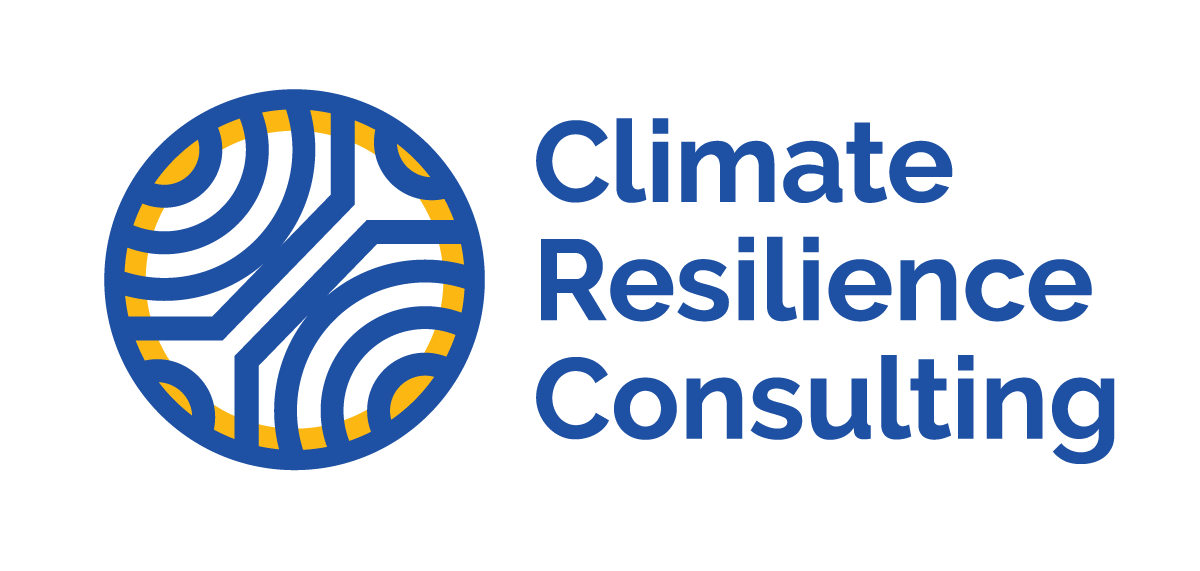In October 2022, practitioners working at the intersection of equity and climate resilience came together for a workshop in Baltimore in the lead-up to the National Adaptation Forum. Workshop participants examined the barriers to implementing more equitable practices through climate resilience, and discussed how new or existing tools and tactics could overcome those barriers.
Through these discussions, participants recognized that community partnership is critical to all phases of a project – from research and initiation to planning and design, implementation, monitoring and evaluation, and onward to further action – to effectively carry out equitable climate resilience.
Based on workshop outputs, here are five ideas for how this might be done, where equitable resilience may fall short, and what strategies might help us all do better:
Community partnerships should start long before the project begins. It takes time, trusted contacts, persistence, and flexibility to build relationships and trust between community members (including possibly overstretched community organizations) and other resilience practitioners.
Planning and design phases of resilience projects must be made accessible to community members who are considered equal partners in the planning process.
Project implementation should be mindful of power and funding imbalances.
Project monitoring and evaluation (M&E) should be intentional and accessible for the community.
At the “end” of a project, further actions should be considered to sustain impacts and community benefits for the long-term.
See here for additional detail.
The workshop was conceived of, hosted and facilitated by Climate Resilience Consulting, Kim Lundgren Associates Inc., Adaptation International, and One Architecture & Urbanism.




